Telecom and ICT Sector in Iraq and Kurdistan: Deployment of 4G LTE, IPOs and Other Developments
Autonomous Kurdistan has found itself with a comparative advantage in the telecoms department, with defacto faster Internet connections and consistent mobile service compared to the rest of federal Iraq.
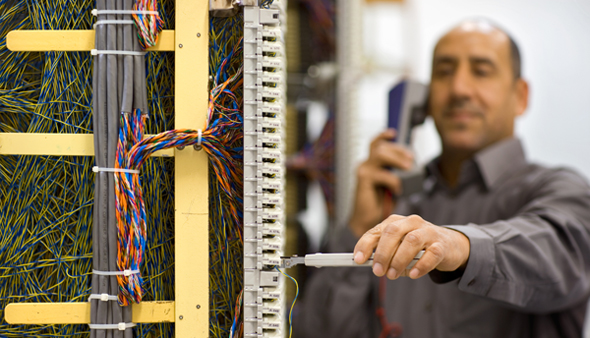
By TK Maloy
ERBIL — Autonomous Kurdistan has found itself with a comparative advantage in the telecoms department, with defacto faster Internet connections and consistent mobile service compared to the rest of federal Iraq.
Mobile telephony was debuted in the Kurdistan region by Qatar Telecom subsidiary Asiacell, when it established the first telecoms company in Sulaimaniya, prior to the fall of the Hussein dictatorship. Asiacell has a 31 percent market share for all of Iraq, including Kurdistan.
Asiacell’s recent stock floatation on the Baghdad Stock Exchange doubled the market capitalization for the entire bourse.
Also early on the scene was Korek Telecom, established in 2001, currently the fastest growing telco in Iraq.
More recently is Kuwait’s Zain Iraq, which began operations in the Kurdistan zone several years ago. Zain is the largest player in Iraq with a 53 percent market share. The Zain Group formed its current Iraq telecoms arms in December 2007 with its purchase of Iraqna from Orascom Telecom for $1.2 billion, merging it with its already existing Iraq operator MTC Atheer.
Zain is expected to launch its IPO end of June.
The company sponsors the “Imagine Cup” in Kurdistan – a software competition open to young designers – in partnership with Microsoft.
3G in Iraq and Iraqi Kurdistan
Each respective telecoms company is bidding for 3G licenses. Although, no official announcement was made yet the experts expect the deployment of 3G in late 2014.
The telecoms sector is regulated by CMC, which according to the Iraqi Constitution is an independent authority that is not associated to any other governmental entity. Its remit is to regulate and develop the media and telecoms sector in Iraq according to international criteria. While designed as an independent authority, some skeptical observers say the commission is under defacto control of the Ministry of Communications.
According to a report in Al Arabiya News, Asiacell raised $1.27 billion when it sold 67.5 billion shares on February 2013 at 22.0 Iraqi dinars per share.
Under the terms of their 2007 licenses, the three existing mobile operators were required to offer a quarter of their shares publicly and list them on Iraqi Stock Exchange. Thus far only Asiacell has done so with a successful flotation on the Iraq Bourse in February.
According to a report in Al Arabiya News, Asiacell raised $1.27 billion when it sold 67.5 billion shares on February 2013 at 22.0 Iraqi dinars per share.
“The trend to buy shares or bonds is still almost non- existent, except when Asiacell sold shares because people trust that company,” said Mudher Kasim, a former deputy central bank governor.
IPO
To date, the Asiacell floatation was the largest ever on the Iraqi bourse, according to exchange authorities.
Iraq Business news reported that Zain Iraq will float 25 percent of its shares on the Iraqi stock market in the near term, with the company having noted the success of Asiacell’s floatation on the Baghdad Stock Exchange.
“The two companies are in a heated competition to dominate the Iraqi market, with Zain Iraq claiming that at the time of its public offering its subscribers totaled 14 million, while Asiacell claims to have 10 million,” according to Iraq Business News.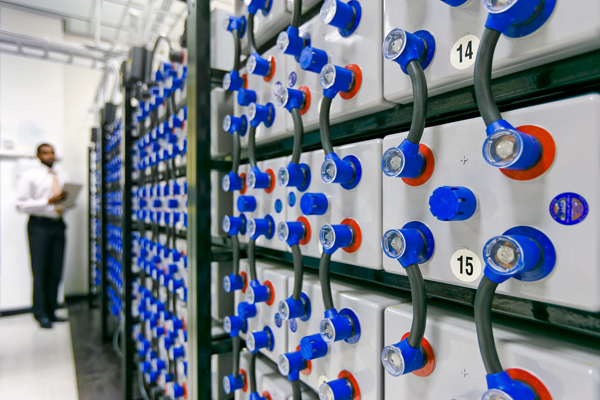
The Zain IPO is expected by June and the company has hired Citigroup, National Bank of Kuwait and BNP Paribas as advisers for the offering.
Broadband and Internet Connectivity
Moving on, to perhaps the most important of component of the telecoms industry — broadband and Internet connectivity — one company has forged strongly ahead on that front, Allai Newroz Telecom. The firm’s initial fiber optic network debuted in the Kurdistan region in 2009. The company provides services in Erbil, Sulaimaniya and Dahok.
The popularity of Net usage in the region is aptly demonstrated by network overload. Each neighborhood hub was established to support 1,500 users is usually swamped with around 6,000 users, according to the company. Though download times are faster in the Kurdistan zone compared with southern Iraq, young users nevertheless complain of slow downloads.
Kawa A. Junad, Group Chairman of Regional Telecom (RT) told Marcopolis, “If you look at Iraq and globally, you will see they have an eight percent penetration rate, but (in actuality) Kurdistan has seven percent and Iraq has one percent. The penetration rate of the Internet in Iraq is very low because they don’t allow any private sector companies to operate or build any infrastructure in Iraq.”
Junad added, “When we started in 2005 there was a zero penetration rate. Now 85 percent of the Internet of Kurdistan comes through Newroz, so for a country like Kurdistan, 50 percent (usage) by the end of 2015 is possible. I cannot predict anything for Iraq.”
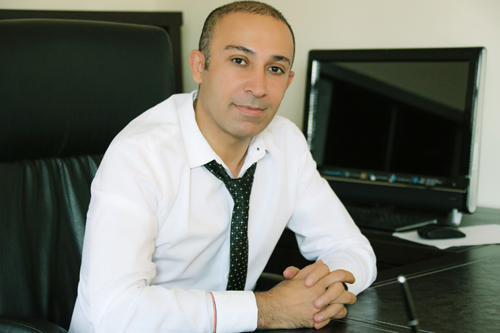
Korek CEO, Mrs. Ghada Gebara noted: “The telecom environment in Iraq was developed by bits and pieces. During the American occupation licenses were distributed to three operators and they split the country in three regions: the north, the center and the south. We have been here for 12 years.”
She added that “A lot of people were afraid to go into the business because it’s a big investment. Korek did it, they put in personal investment and they succeeded. In 2007 the newly elected government of Iraq decided to launch new licensing that is nationwide and well regulated. At the time they had three operators covering the country: Asiacell, Orascom Iraqna and Zain.
For Gebara, a top priority Iraq should be to accelerate construction of the telecoms networks.
“I always like to say that telecom is becoming an infrastructure. It’s not a leisure service like it used to be. In the past we talked about roads, water and electricity and telecom was an accessory. Now telecommunications is more important than roads, electricity and water,” Gebara eloquently noted “A company can buy a generator, can use a four wheel drive car, can use tanks of water, but they can’t replace telecom, be it the phones or the Internet because they need it to work. 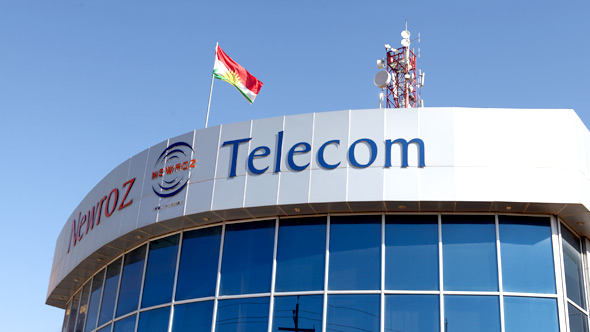
While all these companies are offering fairly consistent service in Kurdistan, in the remainder of Iraq, complaints are rife on dropped calls, inadequate data service and mobile phone frequencies that are often jammed by the Iraq military. This is done in order to prevent insurgents from remote detonation of the well-known “improvised explosive devices” which range from the smaller bombs to literal blockbusters.
Deployment of 3G in the Kurdistan Region is slated for this year but experts warn that that the first roll-out of the 3G network will actually happen in 2014. At the same time innovative companies like Newroz Telecom are already trying to deploy 4G services.
With demand for Net service increasing markedly, the company though about adding 3G service, but Junad said, “after a very long study, we decided it was not worthwhile to pursue 3G as long as 4G was coming. So we scrapped the idea of 3G and went for 4G.”
4G LTE in Iraqi Kurdistan
The 4G service from Newroz Telecom should be deployed in the first half of 2013.
The cost for voice services are higher mainly because of the regulations and the political situation between the Federal Government in Iraq and the Kurdistan Regional Government and the competition for voice services is likely to intensify in the future on the backdrop of more players.
Outlook for Data
Because the penetration rate in Iraqi Kurdistan hovers around 9 percent, the alternative VOIP services (Skype) do not compete with GSM operators on a scale seen in Europe or the United States.
But rising internet penetration rates and the deployment of 4G can in the future effectively compete with the future 3G data providers such as Asiacell and Korek Telecom, once they launch the 3G services.
FTTH (Fiber to the home) Project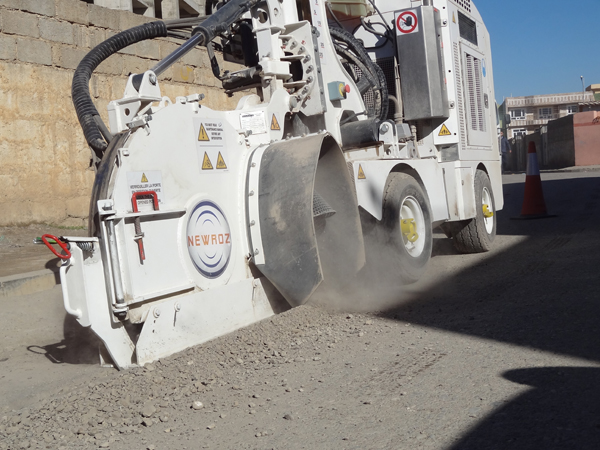
Newroz Telecom is also planning a groundbreaking FTTH project that will leapfrog the internet data in Iraqi Kurdistan. Newroz Telecom is currently working on a new Project FTTH (fiber to the home) to cover the entire Kurdistan region. The project is planned to take 12 months. The FTTH technology would enable new applications and utilization of the Internet.
Istanbul plays host to late October’s “Iraq Telecoms” conference now in its eighth year. The conference pulls together government and industry players.
For information on the conf: www.iraqtelecoms.com